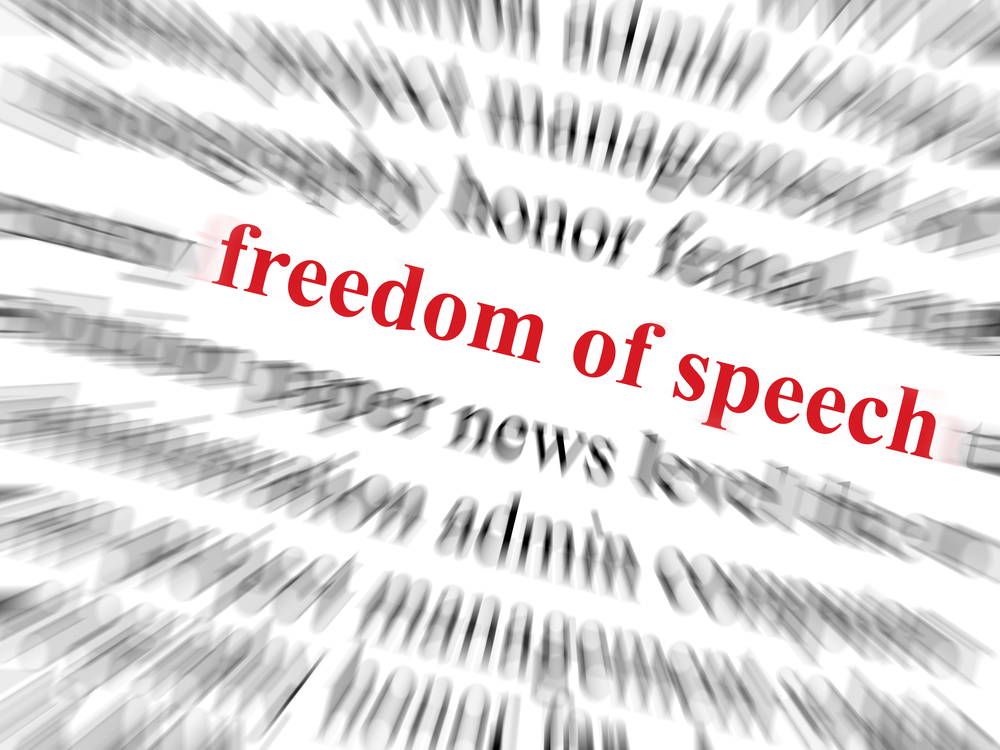Breaking
House panel approves bill strengthening people’s right to free expression and peaceably assemble
MANILA — The House Committee on People’s Participation has endorsed for plenary approval a bill seeking to strengthen the right of the people to free expression, peaceably assemble and petition the government for redress of grievances, repealing Batas Pambansa Blg. 880 or the “Public Assembly Act of 1985.”
The committee chaired by Rep. Benjamin D. Asilo (1st District, Manila) approved and endorsed for plenary passage House Bill 5411, otherwise known as the “New Public Assembly Act,” which is in substitution of: HB 2534 authored by Reps. Rufus B. Rodriguez (2nd District, Cagayan de Oro City) and Maximo B. Rodriguez Jr. (Party-list, ABAMIN); HB 3058 authored by Reps. Ibarra “Barry” M. Gutierrez III and Walden F. Bello of Akbayan, Alfredo D. Vargas III (5th District, Quezon City), Noel L. Villanueva (3rd District, Tarlac), and Cresente C. Paez (Party-list, COOP NATCCO); and HB 3668 authored by Reps. Neri J. Colmenares and Carlos Isagani T. Zarate of Bayan Muna and Terry L. Ridon (Party-list, Kabataan).
The measure declares it is the State policy to ensure that the people can freely exercise their rights to free speech, of expression, to peaceably assemble, and petition the government for redress of grievances, without prejudice to the rights of others to life, liberty, property, and to equal protection of laws. Towards this end, the State shall ensure the free exercise of such rights without unnecessary and unreasonable impediments whatsoever, the bill provides.
It provides that processions, rallies parades, demonstrations, public meetings, and assemblages for religious purposes shall be governed by local ordinances.
Furthermore, it provides that public assembly does not include picketing and other concerted action in strike areas by workers and employees resulting from a labor dispute as defined by Presidential Decree No. 442, otherwise known as “Labor Code of the Philippines,” and its amendments in Batas Pambansa Bilang 227, implementing rules and regulations: Political meetings or rallies allowed and held during election campaign periods, as provided for by law, are not covered by the Act.
Any person or group who intends to organize and hold a public assembly in a public place shall give a notice to the city or municipal mayor who has jurisdiction over the place where the assembly is to be held.
However, no such notice shall be required if the public assembly is to be held in any of the following: a freedom park duly established by law or ordinance; a private property with the consent of the owner or the person entitled to its legal possession; or in the campus of a government-owned and operated educational institution, subject to its rules and regulations.
The bill provides that if there is clear and convincing evidence based on personal knowledge that the public assembly will create a clear and present danger to public order, public safety, public morals or public health, the city or municipal mayor may file an action before the appropriate regional trial court to enjoin the holding of the public assembly.
The action with the regional trial court shall be filed within two working days from the date the notice was given otherwise the action is barred. Before the filing of the action with the regional trial court, the city or the municipal mayor shall first inform the leaders or organizers in writing of the intent to file the action. The filing of an action in court shall not be limited to one party alone. The mayor or the organizer who is aggrieved in a negotiation on any matter, and has a cause of action, shall not be barred from filing an action in court.
The leaders and organizers of a public assembly shall take all reasonable measures to conduct a peaceful public assembly. They shall execute an undertaking to be incorporated in the notice for public assembly.
The bill also provides guidelines that shall be followed when it becomes necessary to disperse the public assembly. Among these is that if incidents of violence or disturbances persist or are unabated, the commanding officer of the law enforcement contingent shall audibly issue another warning to the participants and, after a reasonable period of time, order the dispersal of the violent assembly. No excessive force shall be used by law enforcement units in the dispersal. Isolated acts or incidents of disorder or breach of the peace during the public assembly do not constitute a ground for dispersal.
The bill prohibits leaders and organizers of the public assembly from holding a public assembly without notice when such notice is required. No person may be punished or held criminally liable for participating in or attending an otherwise peaceful assembly.
It prohibits the unnecessary firing of firearms by the military, police, peacekeeping and law enforcement authorities, to disperse the public assembly or the commission of acts. It prohibits any person from obstructing, impeding, disrupting or otherwise denying the exercise of the right to peaceful assembly, such as the use of motor vehicles, their horns, and loud sound systems within 100 meters from the area of the public assembly, with the intention to interfere or disturb their free exercise of the right to peaceably assemble or other actions penalized under the Revised Penal Code and other special laws on the illegal possession of firearms and deadly devices.
The bill also allows the designation of one suitable freedom park in every city or municipality for purposes of public assembly. It provides for penalties to any violator of the Act, ranging from public censure to prison correccional.






















